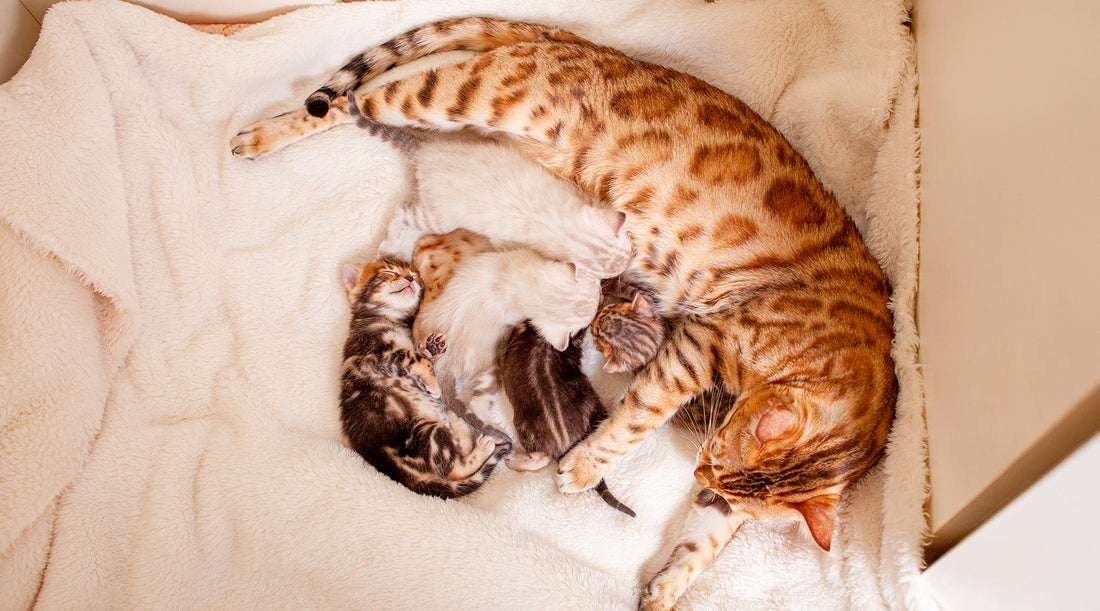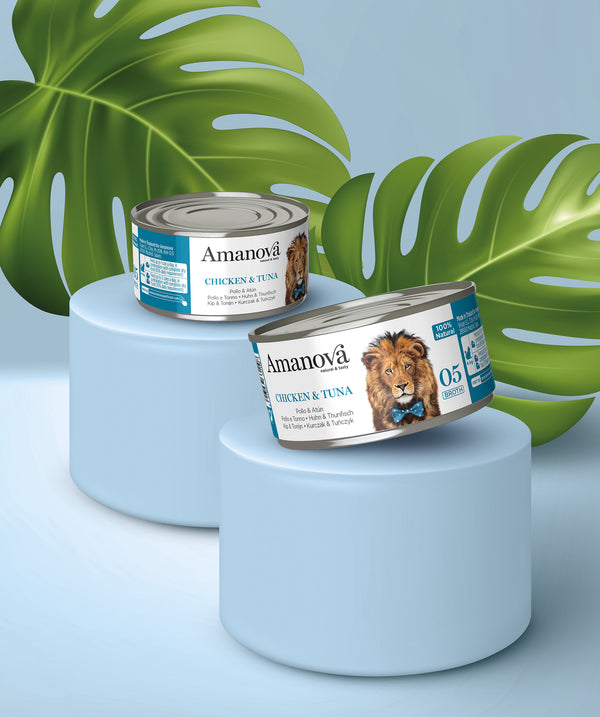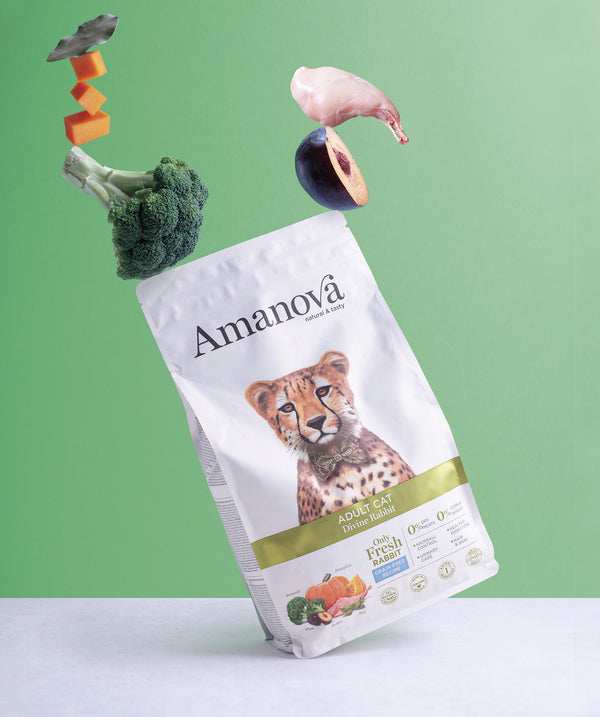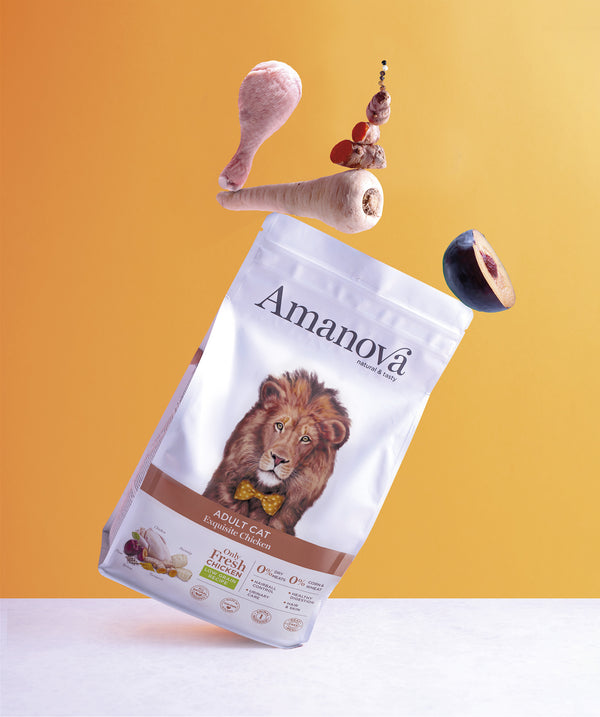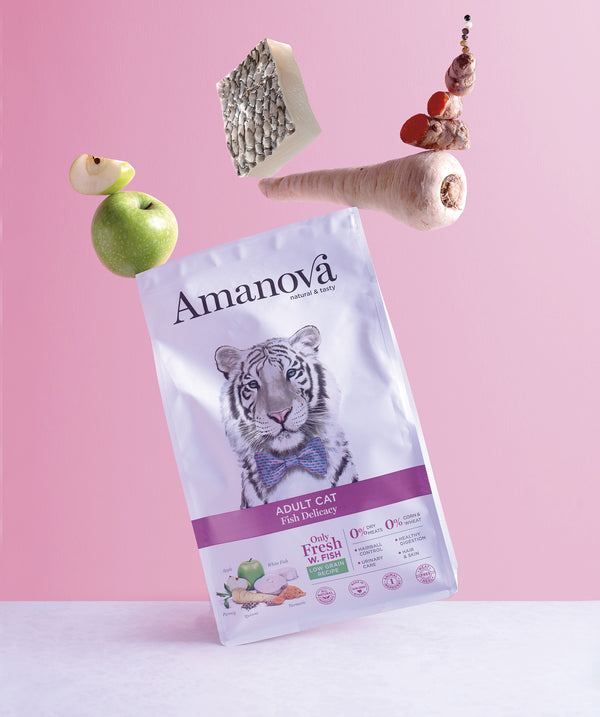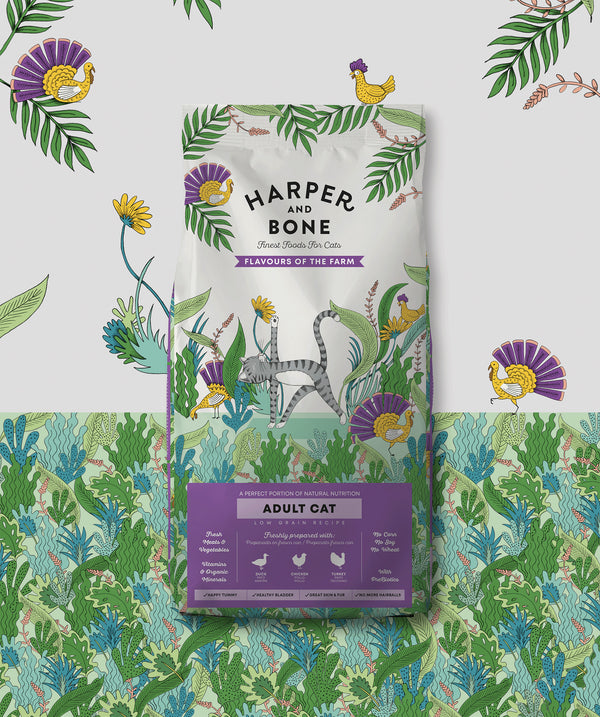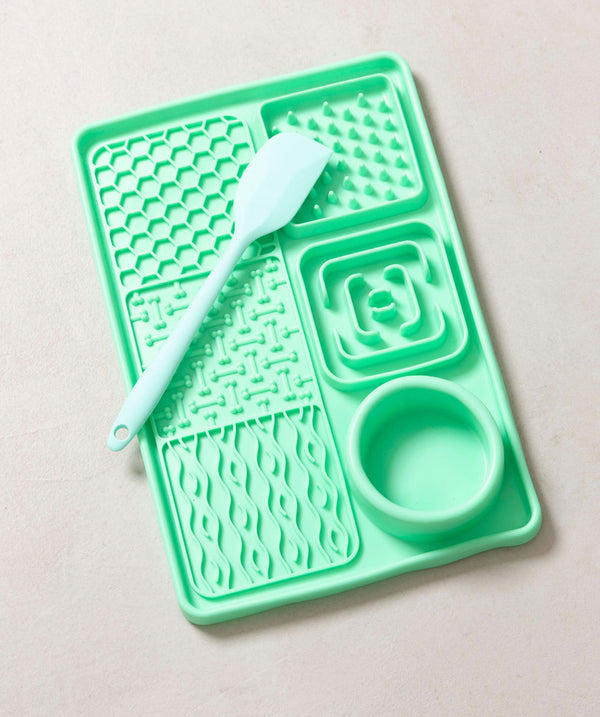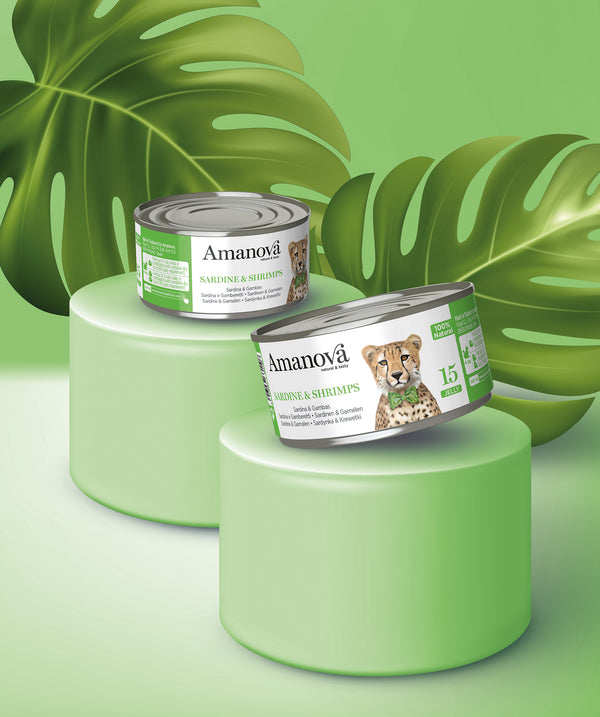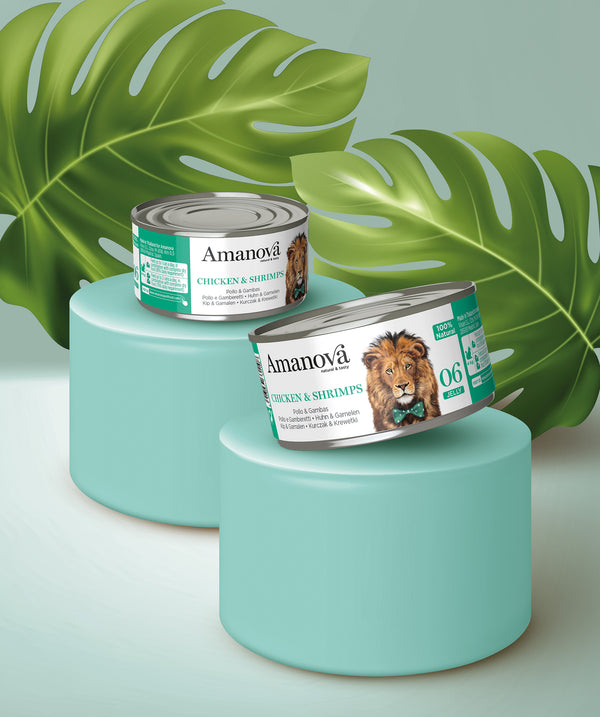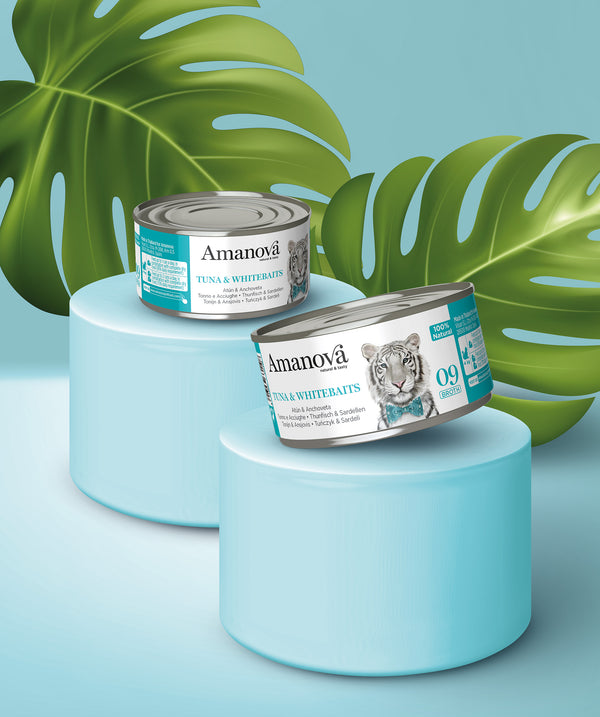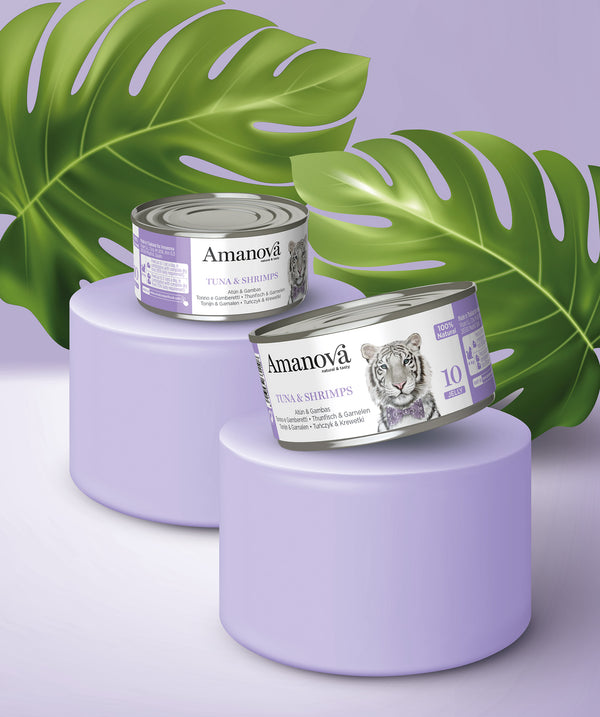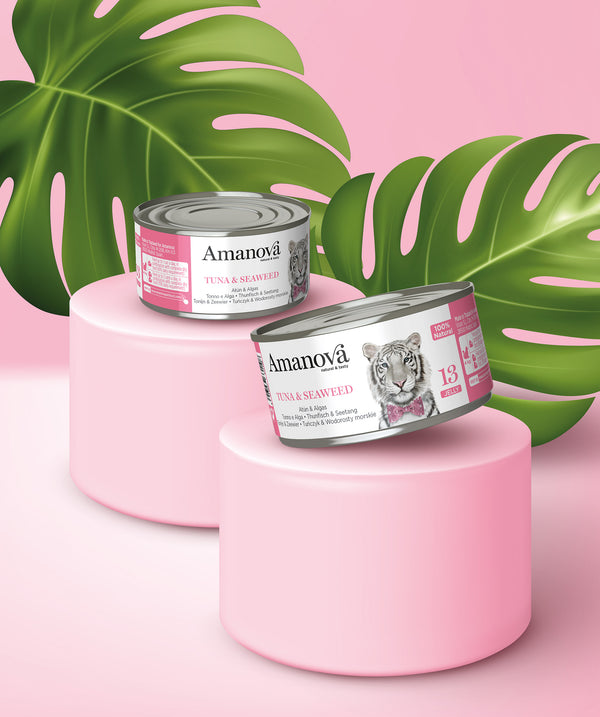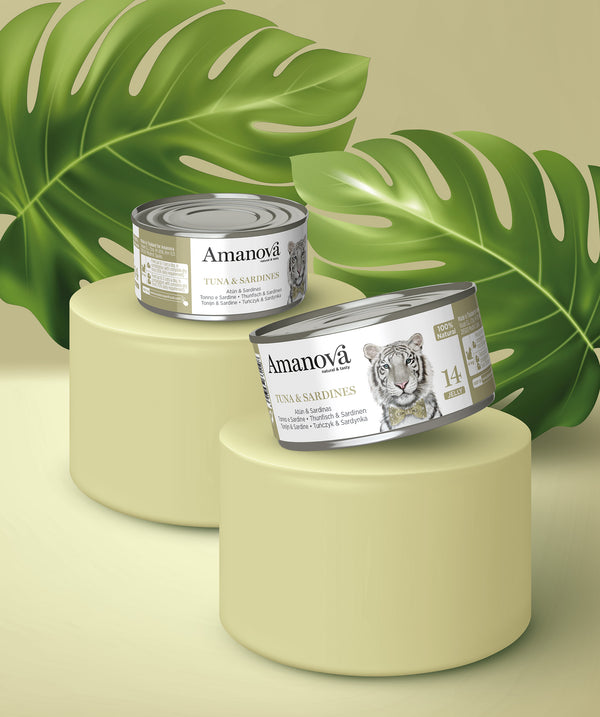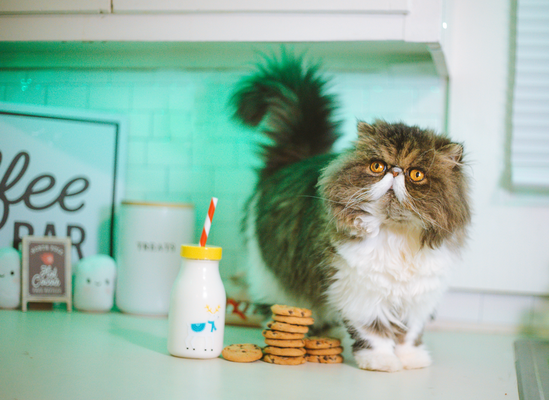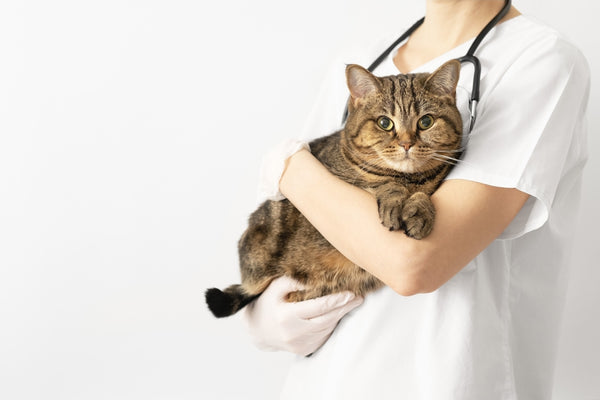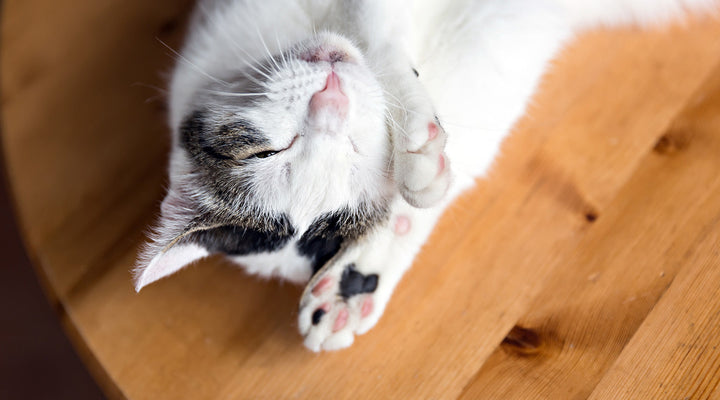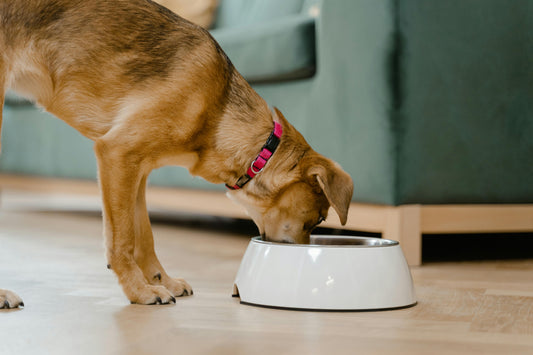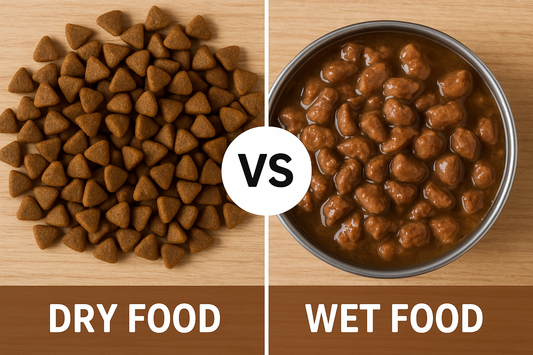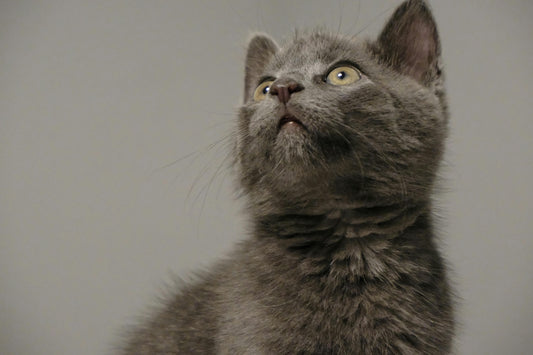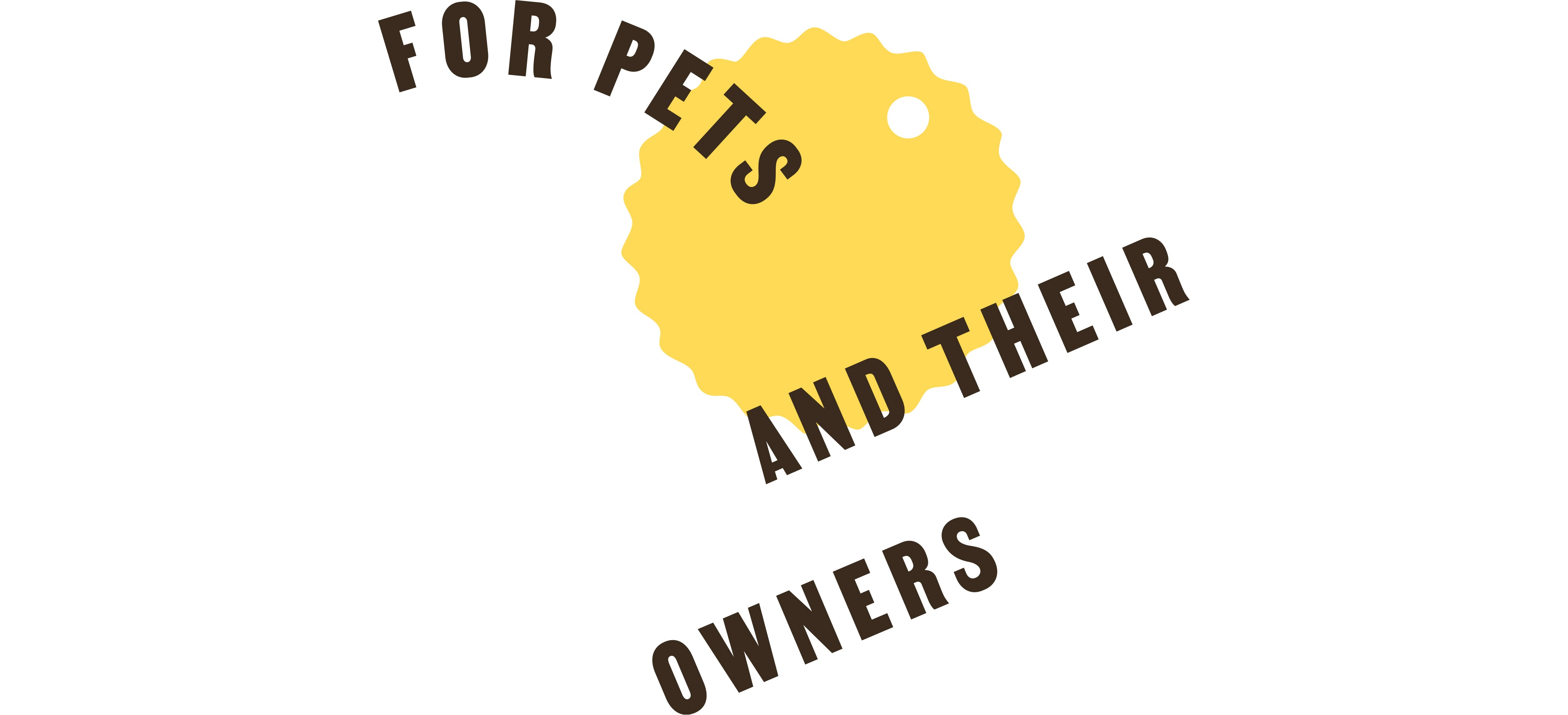Pregnancy in cats is a fascinating process, but it can go unnoticed in its early stages. If you suspect your cat may be expecting kittens, it’s essential to recognize the early signs and provide her with the proper care. Detecting it early will allow you to adjust her diet, monitor her health, and prepare the environment for birth.
That’s why today at OnlyFresh, we’ll tell you everything you need to know about cat pregnancy, its symptoms, and some tips to keep in mind.
How long does a cat’s pregnancy last?
A cat’s pregnancy lasts approximately 63 to 67 days, or about 9 to 10 weeks. However, this period may vary slightly depending on each cat and her health. It’s important to monitor the process and, if you have doubts, visit your trusted veterinarian for proper check-ups.
During the first half of the pregnancy, changes may be subtle, but from the third or fourth week onward, the signs become more evident. The cat begins to show abdominal growth, behavioral changes, and an increase in appetite. As labor approaches, significant weight gain and a more reserved attitude may be noticeable.
In the last weeks of gestation, it’s recommended to prepare a comfortable and quiet space where the cat can give birth without stress. Her instincts will lead her to find a safe spot, but you can help by providing a box with clean blankets to ensure her kittens are born in a proper environment.
How to tell if your cat is pregnant?
One of the first visible signs of pregnancy in cats is the change in her nipples, which become pinker, more prominent, and slightly swollen from the second or third week of gestation. This phenomenon, known as “pinking-up”, is a clear signal that her body is preparing for lactation. In addition to the color change, her nipples may separate from the surrounding fur, making them easier to see and feel.
Another important indicator is the increase in appetite. As pregnancy progresses, the cat requires more energy to support the development of the fetuses, so she may begin to eat more frequently or in larger amounts. However, some cats may experience a slight loss of appetite during the first weeks due to hormonal changes.
Behavioral changes are also common. Many pregnant cats become more affectionate and seek more attention from their owners, demanding petting and companionship more often. On the other hand, some may become more reserved, preferring to rest in quiet corners and avoiding excessive interaction. Each cat experiences pregnancy differently, so it’s important to observe her behavior and respect her space if she prefers to be alone.
Finally, a clear sign of pregnancy is abdominal growth, which usually becomes more noticeable from the fourth week of gestation. As the fetuses develop, the cat’s belly gradually rounds out and expands, especially visible when she’s at rest. In some cases, if you gently touch her abdomen, you may feel a slight firmness, indicating the presence of developing kittens.
Symptoms according to the stage of pregnancy
So far, we’ve mentioned some of the most obvious signs of pregnancy in cats, such as nipple changes, increased appetite, and abdominal growth. However, throughout gestation, these signs evolve, and each stage presents different characteristics that can help you confirm your cat’s condition and provide her with the right care.
Here’s a breakdown of the symptoms according to the stage of pregnancy, from the first weeks to the moment of birth, so you can identify each phase of your cat’s pregnancy and ensure her wellbeing.
Early weeks (1 to 3 weeks)
At this stage, symptoms can be very subtle. The cat may show changes in her energy levels, either becoming more playful or more relaxed. Her nipples start to change color, and in some cases, you may notice slight swelling in the abdominal area.
Mid-gestation (4 to 6 weeks)
From the fourth week, pregnancy becomes more evident. The cat shows significant weight gain and may become more demanding of affection. It’s also common to notice an increased appetite and that she seeks quiet places to rest more often.
Final weeks (7 to 9 weeks)
The cat’s abdomen is visibly large, and if you observe carefully, you may notice fetal movements in her belly. At this stage, her behavior may change drastically: some cats become more affectionate, while others seek isolation. It’s also common for them to start preparing a “nest” for birth, choosing a safe corner of the house.
Days before birth
In the final days, the cat may lose her appetite and become restless. She may start meowing more than usual, showing signs of discomfort, and excessively licking her genital area. At this point, birth is imminent, and it’s important to have a prepared space where she feels safe.
Give your cat the best nutrition with OnlyFresh
During pregnancy, your cat’s diet is key to ensuring her health and that of her kittens. At OnlyFresh, we offer a range of foods specially formulated with high-quality proteins, essential vitamins, and minerals that support a healthy pregnancy. A balanced diet at this stage is essential to provide the energy she needs and ensure the proper development of the kittens.
As pregnancy progresses, your cat’s appetite will increase, making it important to choose nutrient-rich, highly digestible food. OnlyFresh offers options that help strengthen her immune system and maintain her vitality throughout each stage of pregnancy. Give your cat the care she deserves with premium nutrition.
